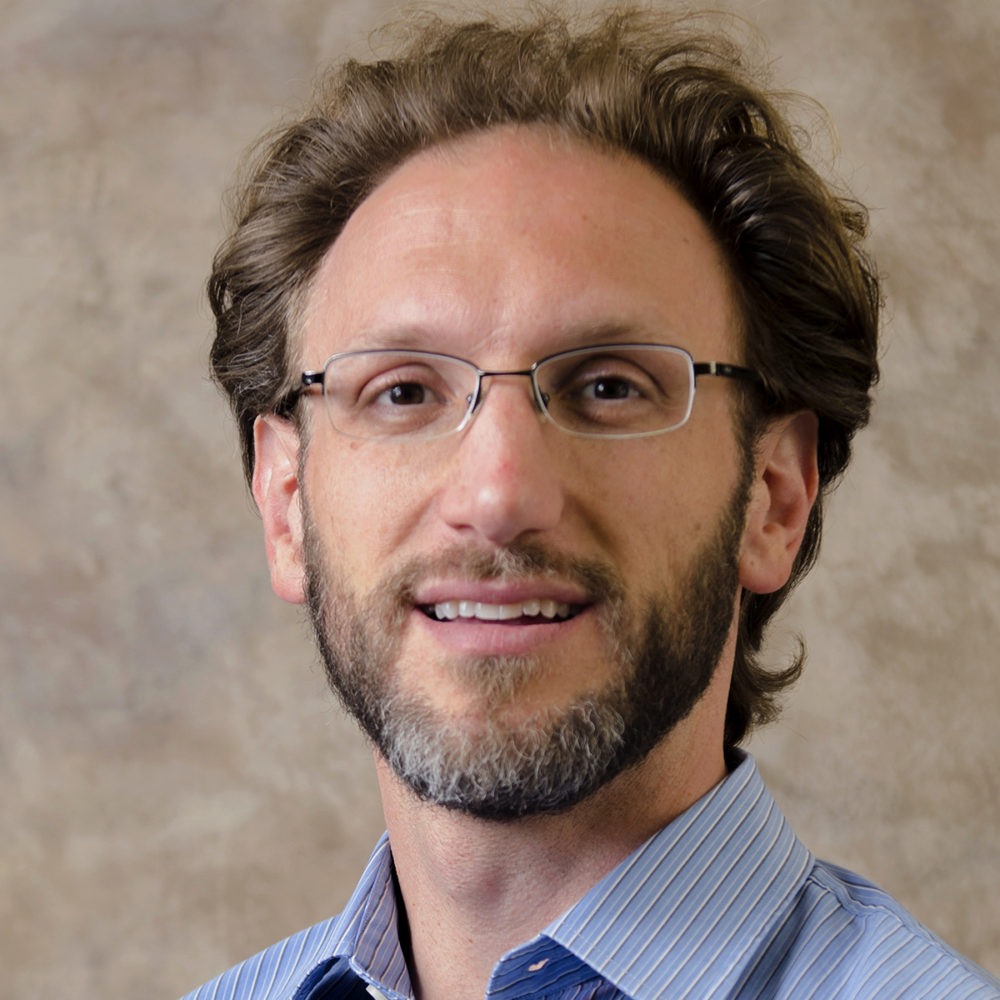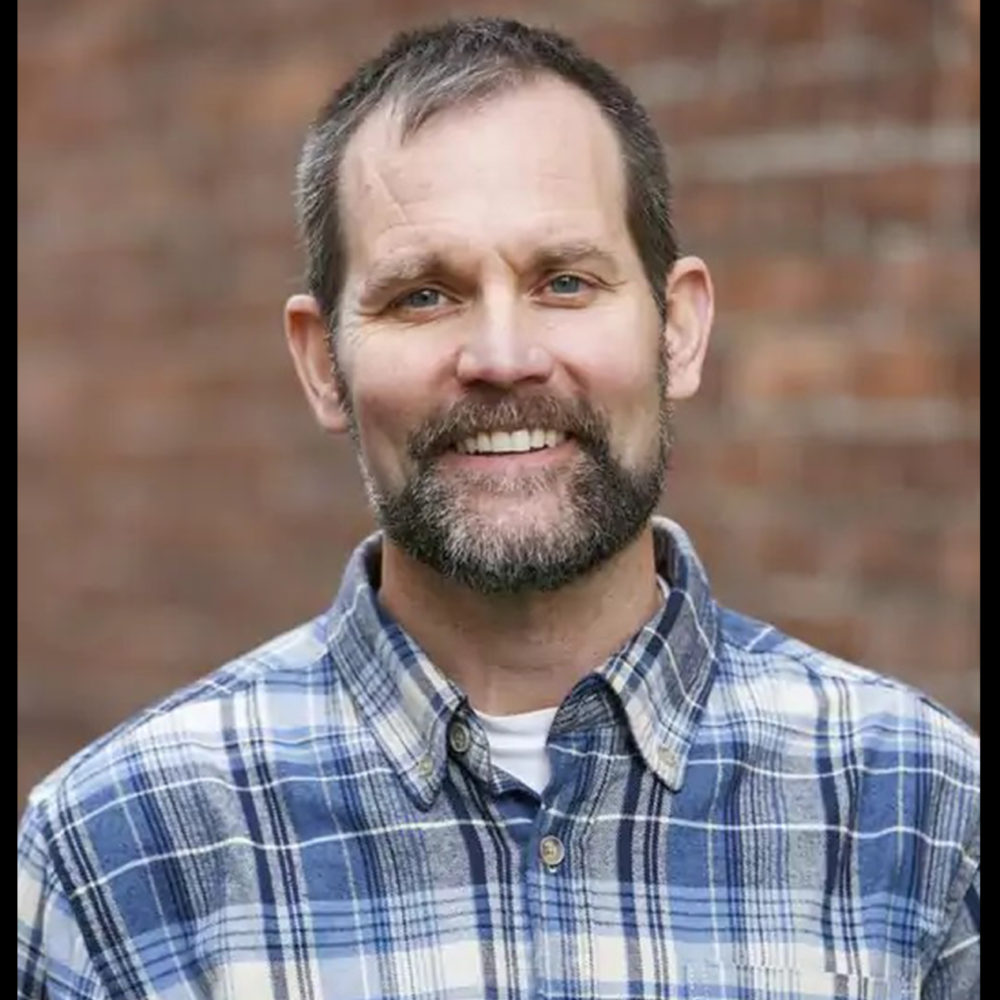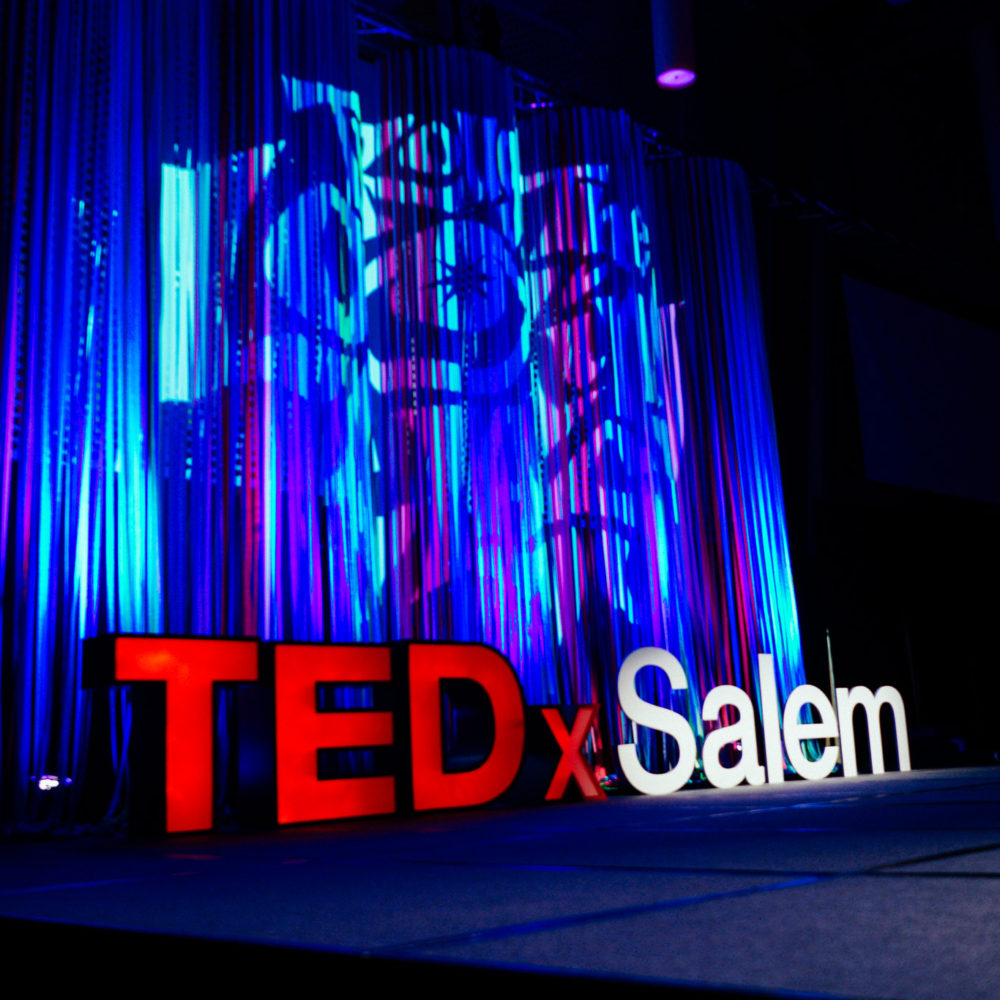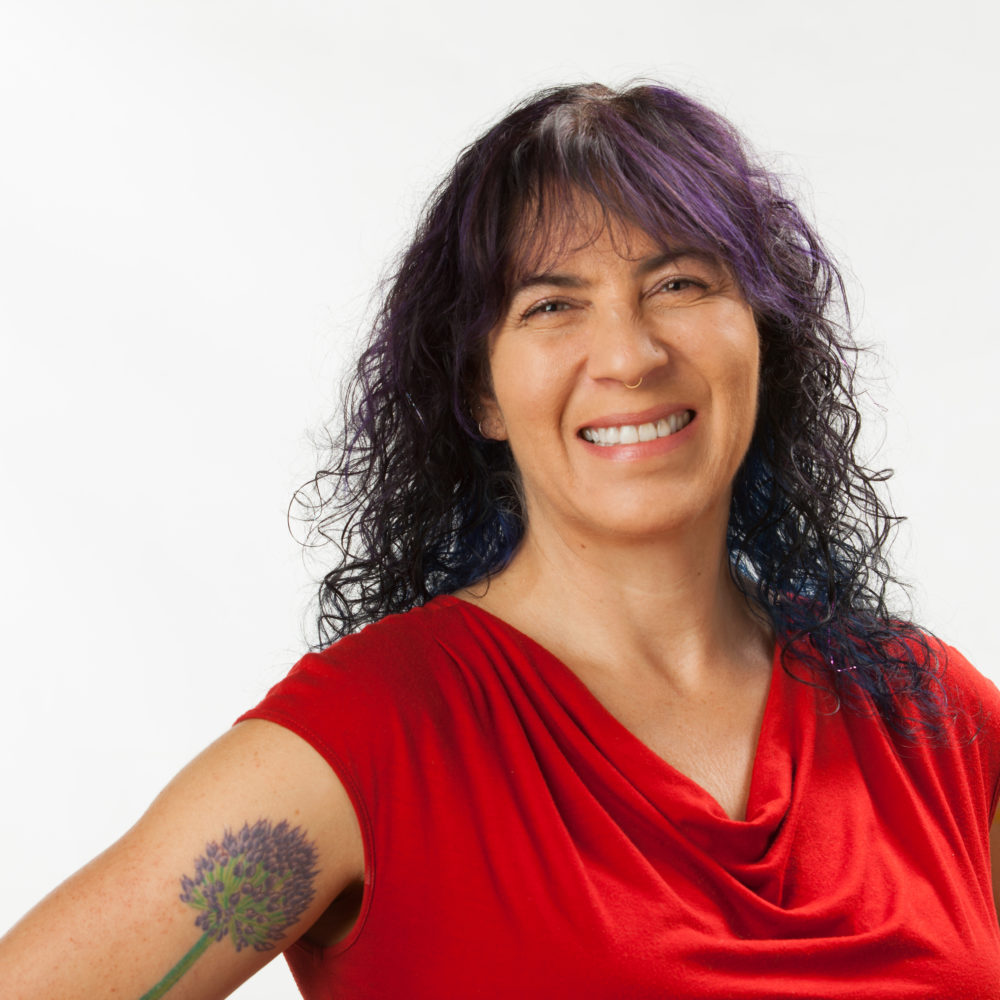Dr. Justin Feinstein is a Clinical Neuropsychologist and Director of the Float Clinic & Research Center at the Laureate Institute for Brain Research. His laboratory investigates the effects of Floatation-REST (Reduced Environmental Stimulation Therapy) on both the body and the brain, while also exploring its potential as a therapeutic treatment for promoting mental health and healing in patients who suffer from anxiety and stress-related disorders. Dr. Feinstein joined the faculty of the Laureate Institute for Brain Research and the Oxley College of Health Sciences at the University of Tulsa in 2013, after completing his Ph.D. at the University of Iowa, and his postdoctoral fellowship at the California Institute of Technology. He earned his undergraduate degree in cognitive neuroscience at the University of California, San Diego, and completed his clinical internship at the San Diego VA hospital with a focus on the treatment of veterans with
PTSD.
 What was your first TED experience? Probably towards the beginning of this decade when I watched my former mentors, Ralph Adolphs and Antonio Damasio, give TED talks.
What was your first TED experience? Probably towards the beginning of this decade when I watched my former mentors, Ralph Adolphs and Antonio Damasio, give TED talks.
Do you have a favorite TED Talk? How has it impacted your life or perspective? One of my favorite TED talks is Kelly McGonigal’s “How to make stress your friend.” She does a brilliant job highlighting the adaptive aspects of stress and how our perception of stress can fundamentally alter the balance between life and death. This perspective has been useful in the context of my own research into interoception, and how the brain perceives when the body is in Homeostasis.
What does this year’s theme “Vision” mean to you? The survival of our species depends on our ability to foresee the future and adapt to the oncoming challenges that face society. Without vision, we are the blind leading the blind, reactively addressing issues once the fire has already started rather than proactively trying to eliminate such issues before they even begin.
What is the most important lesson you’ve learned in life? How did you learn it? In life, dreams do not always come true, but sometimes the mere act of having the dream is more important than achieving it. This is something my father taught me in the first book he ever wrote, Catch Us If You Can.
What is the scariest thing you have ever done for fun? I have spent the past 15 years closely studying a rare group of humans who are missing their amygdala, a brain region theorized to be critical for fear. My attempt to scare these patients was not exactly for fun, but rather for research, and through it we have now learned that the amygdala is not the epicenter of fear in the brain.
If you could instantly become an expert in something, what would it be? Immunology, as viruses and bacteria are the greatest threat (other than ourselves) to humanity.
Would you rather have a rewind button or a pause button on your life? Definitely a pause button…in fact, I’ll be discussing an actual pause button in this year’s talk!
Catch that talk in person at TEDxSalem on January 4 at the Salem Convention Center.
TEDxSalem VII
TEDxSalem VII is an all-day event featuring talks, performances, refreshments, lunch and swag. It takes place from 9 a.m. to 4:30 p.m. Saturday, Jan. 4, 2020, at the Salem Convention Center. Click here for tickets. Follow us on Facebook for the most up-to-date news from our community, and check our website regularly for new information. You can also reach us at info@tedxsalem.com



